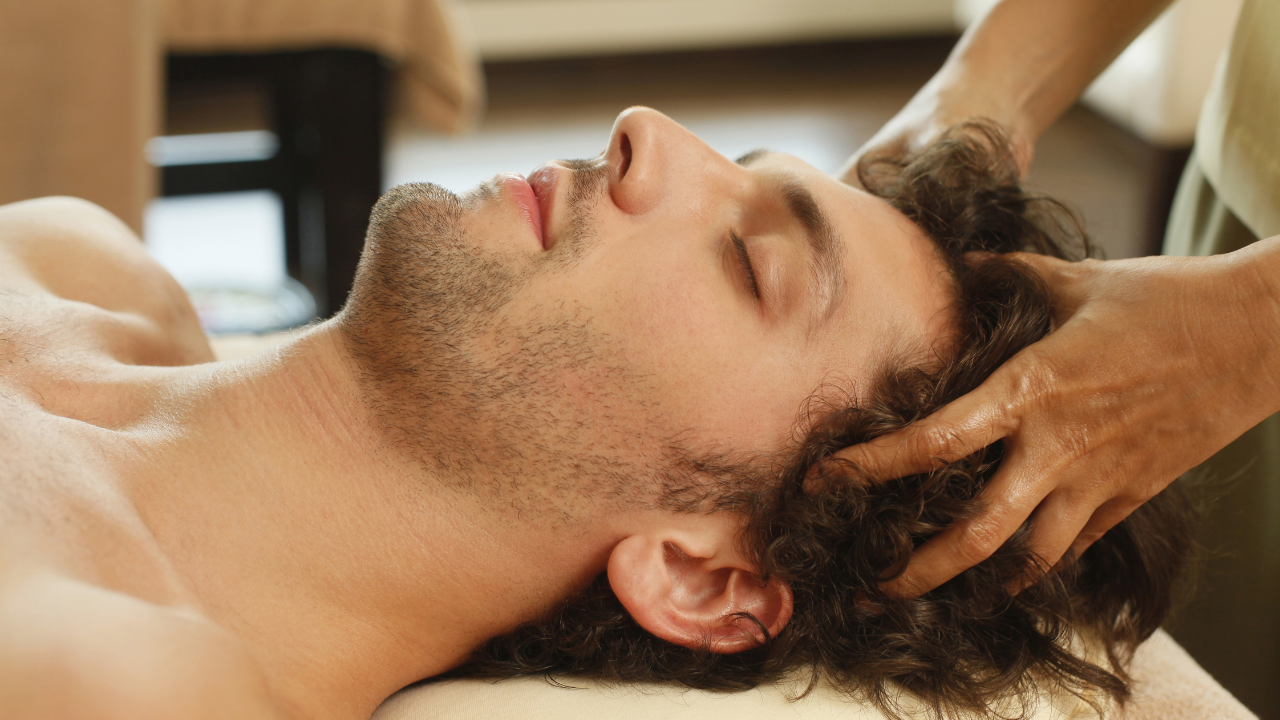By Marion Colledge
What is Functional Testing?
Functional tests can be used to get a better understanding of what is going on in the body, beyond the tests which are available through your GP. They can be in the form of blood, urine, breath or stool tests, depending on what we are looking at. Most of these are easy to do at home and then shipped off to the lab for analysis.
The results can be helpful for identifying imbalances, nutrient status, presence of inflammation, presence of parasites, food intolerances, hormonal imbalances, dysfunctional stress response, genetic predispositions, gut barrier function and more. With test results as a basis for a nutritional protocol, the support can be more targeted, completely individual and therefore lead to faster results.
Why should I do functional testing?
It can be a good way to get to the root of what is causing symptoms or for identifying any individual health trends or risks.
For example, for menstrual issues such as irregular periods or very heavy periods it can be useful to perform a DUTCH test (dried urine test) which gives a good snapshot of your sex hormones as well as your stress hormones and allows us to be quite specific with any nutritional and herbal interventions. On top of this, genetic testing (Nutrigenomics) can be useful as this gives us great insight into how the hormones are broken down in the body and whether there are any genetic permutations which mean that some pathways are not working effectively. Once identified, this can be supported with the right nutrients, foods and herbs.
Ongoing digestive issues which have not responded to more general interventions may be due to suboptimal gut barrier function, inflammation in the gut associated with food intolerances, candida, or a bacterial overgrowth such as SIBO. There is a range of tests available to identify the problem, giving us the ability to be more targeted in our treatment approach.
When are tests appropriate?
This depends fully on the individual circumstances and will vary from patient to patient. We can get a lot of information from the initial consultation which includes a detailed medical history, look at current symptoms, lifestyle and diet. Often this is enough to get a good picture of what is going on in the body and which areas need support.
However, if the issues have been going on for a long time and not responded well to previous interventions or if you would prefer to know with more certainty what is happening, then testing can be a great way to get closer to the root of the problem.
Can I get these through my GP?
GPs offer full blood counts, including thyroid function test, Vit D, Vit B12, Ferritin and other diagnostic tests such as stool tests or urine tests.
Functional tests as described in this article are currently not available on the NHS and can only be accessed through private providers such as functional doctors or nutritional therapists.
What is the cost?
This varies greatly depending on the type of test, the lab and also the provider you are getting your test through.
Want to know more?
You can take a look at the Naturopathic Nutrition page on our website and/or before booking an appointment with Marion, you can arrange arrange a free 15 minute discovery call to establish whether she is the right person for you to work with.







































